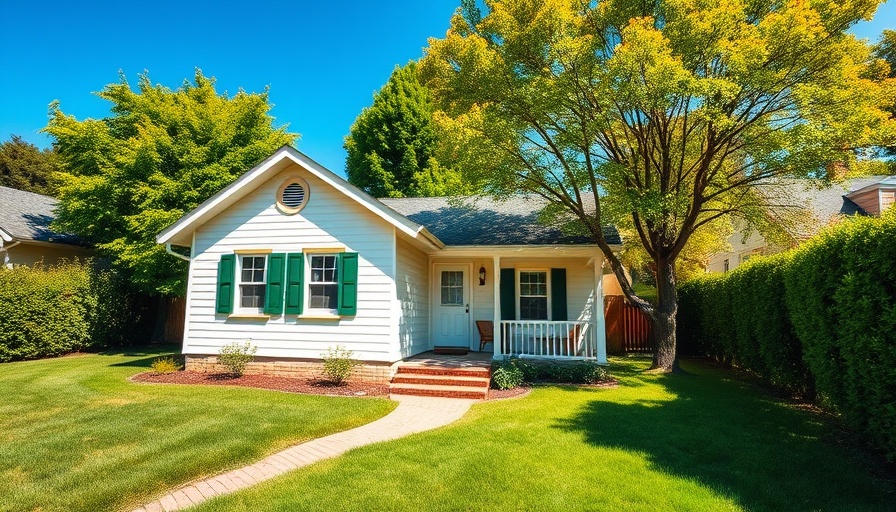
The Rise of Seasonal Homes: An Overview
In the United States, certain towns are characterized by an overwhelming presence of vacation homes. These areas, often appeal to part-time residents looking to escape the hustle and bustle of city life, host a significant percentage of seasonal properties. Notably, towns like Dewey Beach, Delaware, boast an astounding 98.3% of homes classified as seasonal residences. This trend reveals not just a lifestyle choice but also highlights economic and social dynamics at play in these communities.
Why Vacation Homes Dominate in Specific Areas
Many factors contribute to the concentration of seasonal homes in particular locales. For instance, certain geographic features such as proximity to beaches, lakes, or ski slopes play a vital role. These appealing landscapes enhance the allure, attracting buyers seeking leisure and retreat. As a result, towns like Bald Head Island, North Carolina, and Quogue, New York, maintain a substantial 97.5% and 97.9% respectively in seasonal housing shares, largely catering to affluent buyers from urban centers looking for a vacation escape.
Economic Implications of Seasonal Homes
The prevalence of vacation homes also influences local economies. On one hand, these properties can draw in tourist revenue, boosting businesses intermittently throughout the year. Yet, the flip side reveals challenges: housing availability for year-round residents can become scarce, leading to affordability issues. Areas with high concentrations of seasonal residences may struggle with community engagement as part-time homeowners often have limited interaction with full-time residents.
Future Trends: A Shift in Housing Preferences
As more people embrace remote work, the demand for seasonal homes may shift. Working from anywhere allows more individuals to consider living in these picturesque towns year-round, potentially diversifying the economic landscape. For instance, towns like McCall, Idaho, with a 96.1% seasonal home share, could see a transition towards more permanent residents seeking a more balanced lifestyle among natural beauty, outdoor activities, and community connections.
Conclusion: Understanding the Seasonal Home Market
As you explore the possibility of investing in a vacation home or seasonal property, knowing the market's dynamics can be immensely beneficial. Understanding these trends equips potential buyers with critical insights for making informed decisions. Whether seeking a serene retreat or a budding investment opportunity, a thorough analysis of the specific market in these towns is crucial to your success.
 Add Row
Add Row  Add
Add 




Write A Comment